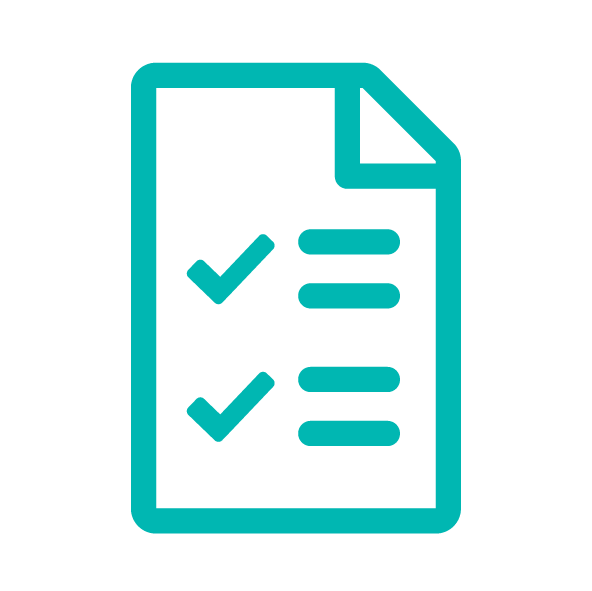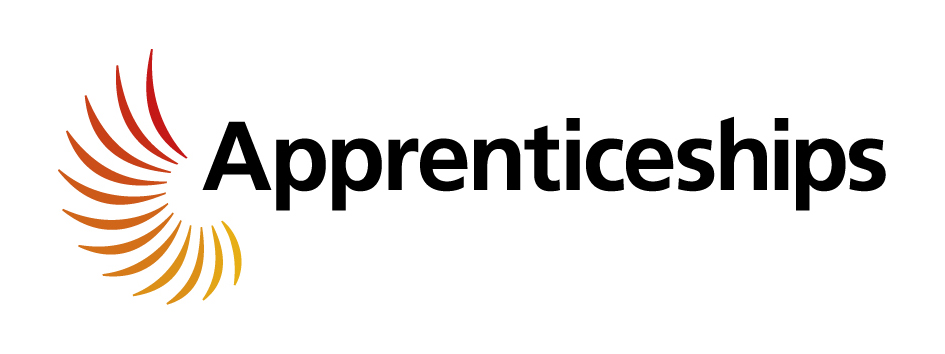
ENGLAND
Apprenticeships programmes The Open University offers in England.
Apprenticeships combine practical on-the-job skills with study in an employed position within an organisation. You will gain the technical knowledge, practical experience and wider skills you need for your future career, through a wide mix of learning in the workplace, formal off-the-job training and the opportunity to practise new skills in a real work environment.
The Open University (OU) is the largest UK academic institution. We offer higher and degree-level apprenticeships in healthcare, policing, social work, digital, management and leadership in England. Digital and IT programmes are offered in Wales.
After successfully completing your apprenticeship, you will have gained an academic qualification and an apprenticeship certificate.
Apprenticeships can be found at different levels depending on the job role that they are associated with:
For more information on apprenticeships levels, visit the following websites. The requirements and rules that support apprenticeship programmes depend on where you live and work:
You can become an apprentice at any time during your career. It’s an opportunity to develop new knowledge, skills and behaviours that allow you to move into new roles and solve new challenges. At the OU, we have a mix of new recruits and existing members of staff studying.
The OU’s flexible delivery allows you to weave your study around existing responsibilities at work and home successfully.
If your employer has let you know that they are supporting members of your organisation to undertake apprenticeships at the OU, you are in the right place.
Skip on to the following sections to learn more about working and studying with the OU. For more information on how to proceed see the “Next steps” section.
If you’re currently in work, now is the time to talk to your employer to see how they can support your plan. We recommend starting with your line manager and someone in your HR department. If your organisation would like more information about how we can work with them to support your degree apprenticeship, they can call our business team on 0300 303 0122 or visit our apprenticeships website for employers.
If you’re not in work or are interested in an apprenticeship within a different organisation, visit the government websites below to see what's currently available.
To apply for an apprenticeship, at the start of the apprenticeship programme you’ll need to be:
For more information see the “Next steps” section.
Watch the video where Kerry from the Isle of Wight NHS Trust explains the benefits and her experience studying the Nursing Associate Higher Apprenticeship.
The OU offers apprenticeships that are:
The OU gave me the flexibility to study. My tutorials were all outside of working hours and were recorded, so even if you missed it, you can go back the next day.
Fola Yusuf-Adewuyi
Nursing Associate apprenticeship
Click here to read more about Fola's story.
During the application stage, an APDM (or the Staff Tutor on nursing programmes) assesses whether you have any prior learning in a relevant field and at the appropriate level that can be counted towards your apprenticeship. Evidence of the learning will need to be submitted so that the university can decide about its suitability. Use the RPL factsheet link in the programme summary on each apprenticeship programme page to find out more.
The Open University aims to make study as accessible as possible and a range of adjustments and support are included in modules for all apprentices as standard. Further adjustments are possible if you’re able to tell us about a disability and provide evidence. It's your choice whether to let us know about a disability or health condition that may affect your study. We’re more interested in you and your needs as an apprentice than in your disability as such. It enables us to support you more effectively if we know your specific requirements.
Find out more about what disability support is available.
Note: Disabled Students' Allowances (DSA) are not available to apprenticeship learners, however, you may be eligible for Access to Work, which you can discuss with your apprenticeship employer.
An apprenticeship is a job with a formal programme of training which meets the requirements of the Apprenticeship Standard (in England), Framework (in Wales). The time allocated to this training can vary between programmes. The planned training hours will be detailed in your Training Plan. Note that in England and Wales, this time is called 'off-the-job training' in England and in Scotland, it is called 'protected time'. This is time for the apprentice to engage in the learning with the OU during their contracted working hours.
Off-the-job training must:
Click on the flowchart below to see what counts as off-the-job training.
For full guidance, visit:
This is the first step. Before you start your apprenticeship application, your employer will need to contact the OU. They can call us on 0300 303 0122 or use our contact form. They can also find out more at information for employers.
The OU offers apprenticeships covering a range of skills areas including healthcare, social work, policing, digital, systems thinking, management and leadership. Read through the details to check what is right for your career and plan your next move.

Some programmes have specific entry requirements. You can find them on each programme page (programmes in England, programme in Wales).

Our Apprenticeship team will guide you through the application process, tell you more about the apprenticeship you are interested in, and make sure it is right for you and your employer. There is time to ask questions throughout and obtain the support you need to make the right decision.
If you have any disabilities ask your employer how they would support your on- and off-the-job training through the ‘Access to Work scheme’. The Open University is also committed to support apprentices with disabilities in their learning and provides additional disabilities and learning support. To learn more visit our How the OU supports apprentices page.

During the application process, you will receive agreements from the OU, which should be signed by you and your employer. Examples of these agreements are The Apprenticeship Agreement and the Training Plan part one: commitment to learning.

The start of the apprenticeship programme is where your learning starts and your first steps towards your goal. You will be supported by our academic and Apprenticeship teams and by a practice tutor who will accompany you throughout the programme and will ensure you are getting the most from this opportunity.
While discussing options with your employer, you can get started on improving your skills today with our free courses on OpenLearn. Take short courses for soft skills (such as assertiveness and self-confidence) and also more formal skills (such as project management or IT applications), with Statements of Participation to evidence your CPD (continuing professional development).
 |
 |
Please contact us to speak to one of our business team advisors.
Sign up to receive regular emails that are full of advice and resources to support staff development in your organisation.